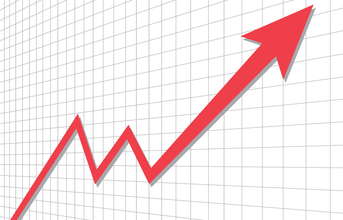
"The projected decline in commodities' consumption growth over the long run could create challenges for the two-thirds of developing countries that depend on commodity exports for revenues," said World Bank Senior Director for Development Economics, Shantayanan Devarajan. "This reinforces the need for economic diversification and for strengthening fiscal and monetary frameworks."
Another Special Focus finds that elevated corporate debt can heighten financial stability concerns and weigh on investment. Corporate debt—and, in some countries, foreign currency debt—has risen rapidly since the global financial crisis, making them more vulnerable to rising borrowing costs.
Analysing growth in South Asia region, World Bank said growth is projected to strengthen to 6.9 percent in 2018 and to 7.1 percent in 2019, mainly as factors holding back growth in India fade. Growth in India is projected to advance 7.3 percent in Fiscal Year 2018/19 (April 1, 2018-March 31, 2019) and 7.5 percent in FY 2019/20, reflecting robust private consumption and strengthening investment. Pakistan is anticipated to expand by 5 percent in FY 2018/19 (July 1, 2018-June 30, 2019), reflecting tighter policies to improve macroeconomic stability. Bangladesh is expected to accelerate to 6.7 percent in FY 2018/19 (July 1, 2018-June 30, 2019).
END



























